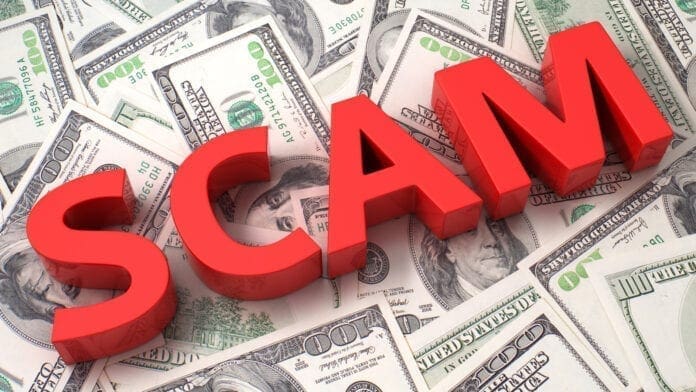Scammers want our money or they want information that will give them access to our money. If they want you to send money, you need to know that scammers have preferred methods of payment. Knowing their preferences may help you recognize scams and help you avoid a big headache.
People who are trying to get your money by deceitful means do NOT want to get caught. This means they want you to pay in some form that is not traceable. They don’t want you or an agency to be able to find them.
The scammers MOST preferred source of payment is the gift card. Gift cards can be redeemed quickly to buy other gift cards which can then be sold online for cash. The scammer will instruct the scammee (is that a word?) to buy gift cards and provide the code and PIN. Your money is gone, and you will not get whatever the scammer has “sold” you.
Another preferred method of “payment” is cold, hard cash. You can’t trace cash. Scammers will tell their potential victims to send cash wrapped in newspaper or aluminum foil to make it harder to spot.
Wire transfers such as Western Union have limited protection, and they are “mostly untraceable” according to Amy Nofziger, AARP fraud expert. She warns to never use a wire transfer to pay a stranger.
Cryptocurrency Used for Scams
Bitcoin and Peer-to-Peer apps are getting more popular among scammers. Bitcoin which is cryptocurrency is a form of digital money. (There are several types of cryptocurrency.) There are Bitcoin ATMs, and Bitcoin can’t be traced once transfers are made. Peer-to-peer payment services are apps that allow you to move funds easily to another person. Make sure it’s someone you know and trust – not a stranger!
The least favorite (and most often not accepted) forms of payment are credit or debit cards and checks. Transactions are tracked, traced, and there is a paper trail. Scammers do not want a trail that leads back to them.
In the Internet age, we have to be careful. Business web sites may not represent real businesses. The person on Facebook may not be one person but a compilation of several people. The person that contacts you from Medicare may be someone sitting in a large room with several other people making scam call after scam call.
What can you do? Do not give out personal information. Do not send cash, gift cards, or anything else to strangers. Don’t rush to a decision. If you’ve been scammed, report it. Don’t be paranoid. Be cautious!


